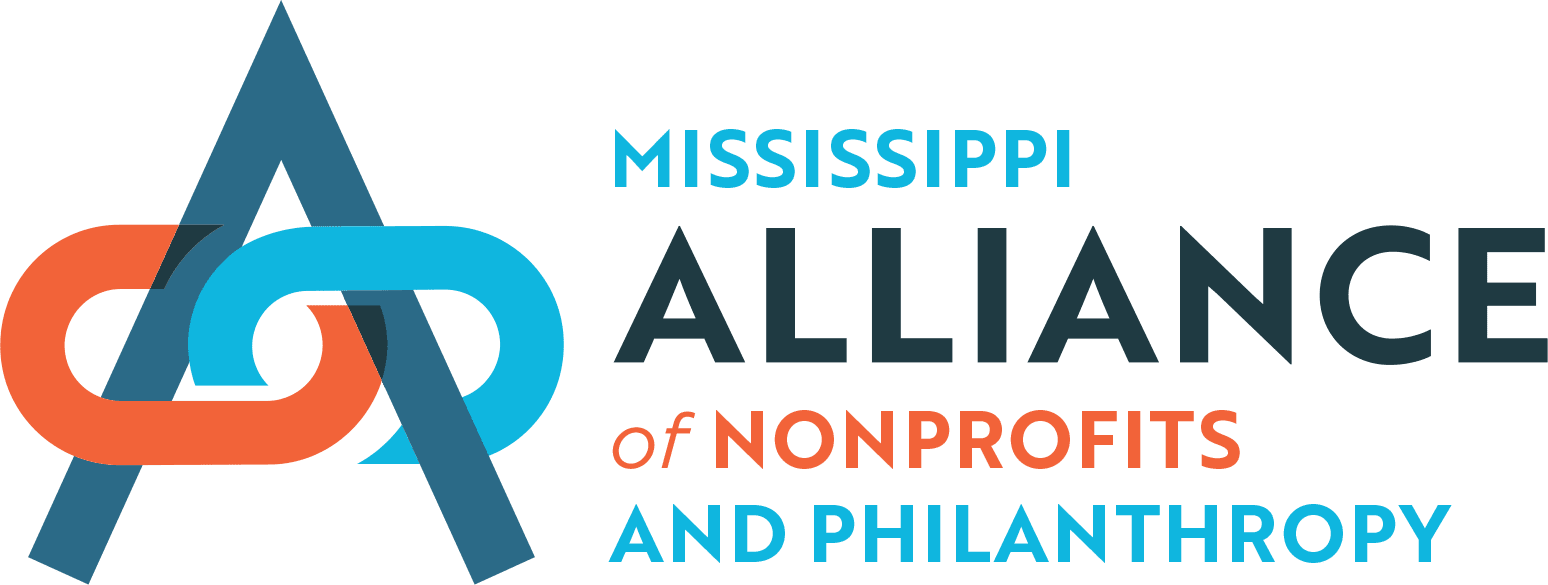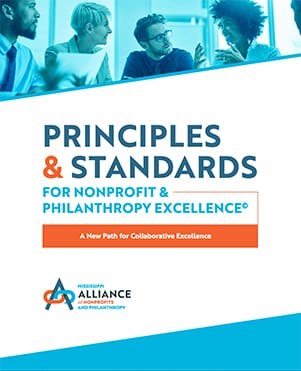Principles & Standards
For Nonprofit & Philanthropy Excellence
The 12 Accountability Principles
1. Civic Engagement, Advocacy, and Public Policy
About
Nonprofit and philanthropic organizations play a central role in the democratic process by providing a means for individuals to deliberate on public policies and decisions that affect them. To the extent possible, nonprofits and philanthropies should educate their communities, provide opportunities to deliberate on public policies, and engage diverse constituents in advocacy activities as a means to fulfilling missions and promoting community interests. Open communication and consultation between policymakers and constituents of nonprofits and philanthropies contribute to well-informed policies and the effective implementation of them. Nonprofits and philanthropic organizations need to know the reporting requirements and restrictions on political campaign activity.
Advocacy and Public Policy
1. Nonprofits and philanthropies should advocate publicly on behalf of their missions and organizational values. FS
2. Nonprofits and philanthropies should advocate for the sector with regard to tax exemption and nonprofits and philanthropies status. FS
3. Nonprofits and philanthropies should participate in public policy formation.
4. Nonprofits and philanthropies should continuously maintain a sound understanding of the current policy environment and the resulting consequences for the public.
5. Nonprofits and philanthropies should have a written public policy and advocacy plan that defines how decisions are made, as well as the scope of activity, time, and resources to be allocated to advocacy and public policy work.
6. Nonprofits and philanthropies should develop advocacy and lobbying strategies to address key public policy issues facing the sector and their constituents. Diverse constituent input, involvement and needs should inform how these strategies are shaped.
Civic Engagement
7. Nonprofits and philanthropies should encourage the civic engagement of their members, allies, and constituents by supporting voter registration efforts, sponsorship of candidate and/or issue forums, and citizen input into shaping public policy through advocacy and lobbying. Nonprofits and philanthropies must be aware of certain restrictions on lobbying imposed by the IRS. (For further clarification, see https://www.councilofnonprofits.org/). FS MS
8. Information provided to policymakers, the media and the general public becomes a matter of public record. Therefore, nonprofits and philanthropies must ensure that the information is timely and accurate and that the social and political context of the information is clear in order to avoid misunderstanding or manipulation of the message.
9. Nonprofits and philanthropies should make an effort to join together with other nonprofits and philanthropies around policy issues to strengthen their impact on public policy.
Lobbying
10. Nonprofits and philanthropies that engage in lobbying activities that are subject to state and federal reporting requirements must file accurate and timely reports on lobbying activities with the IRS and Mississippi Secretary of State. FS MS SOS
11. The boards of directors for nonprofit and philanthropic organizations should consider both the 501(h) election (IRS Form 1087) and the “insubstantial part” rule related to financial expenditures for lobbying to determine which reporting mechanism is most appropriate for the organization. FS SOS
Political Campaign Activity
12. Nonprofit and philanthropic organizations engaged in promoting public participation must understand that all 501(c) (3) organizations are prohibited from directly or indirectly participating in, or intervening in, any political campaign on behalf of (or in opposition to) any candidate for elective public office. Nonprofits and philanthropies should understand that certain voter education activities (including presenting public forums and publishing voter education guides) and voter registration drives are permissible as long as they are conducted in a non-partisan manner and do not endorse a candidate or political party. FS SOS
13. Representatives of nonprofits and philanthropies, including board or staff members, should distinguish between their personal positions or endorsements and the nonpartisan stance of their organizations. They should refrain from situations that create the appearance of any organizational endorse¬ment for candidates or political parties. FS

